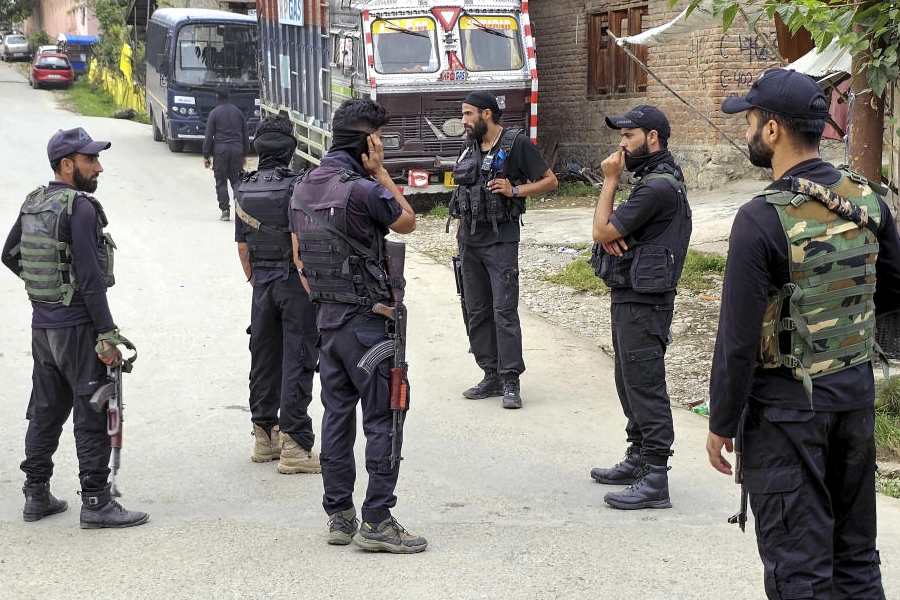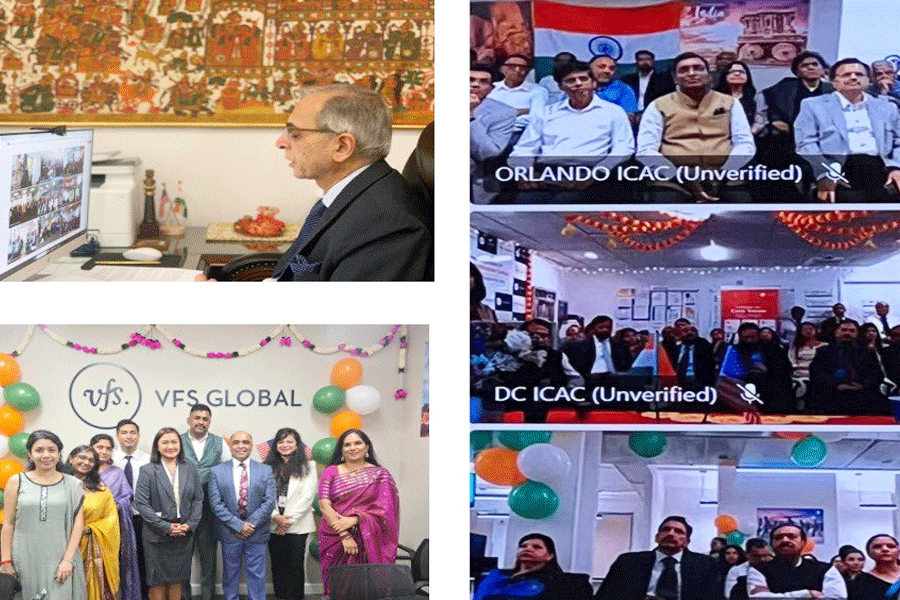 |
| A Khasmahal plot in Patna. Picture by Jai Prakash |
Patna, Aug. 2: Land owners of Khasmahal plots in Patna have raised objection on the new Khasmahal policy, alleging that certain stringent provisions of the policy are aimed at either evicting them or imposing exorbitant charges for acquiring fresh lease on the land.
“The Khasmahal Policy of 2011 aims at declaring all original lessees violators/trespassers by treating default in the payment of ground rent, even if it is a few hundred rupees and compelling them to take fresh lease for 30 years on payment of renewal salami (deposit) at the present market rate and yearly ground rent at two or five per cent of the salami for the plot depending on its residential or commercial usage. Thus, a standard 2.5 cottah plot would involve payment of Rs 80 lakh and rent of Rs 13,333 per month (Rs 1,60,000 per annum). Moreover, the time period window offered for payment of such a hefty amount of money is merely 90 days after which the government is empowered to acquire the land along with the construction on it. Here, the landowner would not be paid anything and moreover, the government can later auction off this plot, including the construction at the present market price, and generate huge revenue. If the government wants to raise its revenue, there are other ways as well rather than harassing innocent citizens,” said Abhimanyu Singh, the president of Khasmahal Citizens Society and a retired IAS officer, former vice-chancellor, Magadh University.
Singh added: “The policy has been framed to quietly dispose the original lessees by imposing unrealistic financial burden on many families which have fallen on bad days. The policy has been framed without consider- ing the ground realities, it is short-sighted and ignores the basic rights to peaceful enjoyment of property by citizens.”
The management and upkeep of Khasmahal plots have been governed by the Bihar Government Estates (Khasmahal) Manual, 1953, and have been regulated by the orders/circulars of the state land and revenue department.
The state government passed a new policy on March 15, 2011 titled Bihar Khasmahal Policy- 2011.
“The Khasmahal Policy, 2011 has already been approved by the cabinet and is getting executed now. Moreover, the new policy has conferred all powers to the district magistrates. Thus, if anyone has any grievances, they can approach the respective district magistrates,” said C. Ashokwardhan, the principal secretary of the state land and revenue department.
According to sources, after Bihar was separated from Bengal and Patna became the capital, the government realised that colonies should be developed and settled with lawyers, doctors and other professionals so that quality service should be available within the state.










